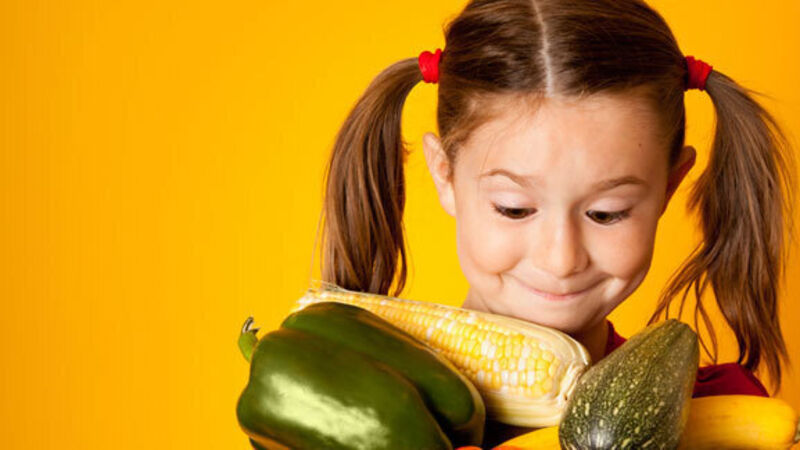How to encourage your child to enjoy a healthy diet

Or threatened with no dessert/TV/treats if you didn’t.
The modern world has brought with it many strategies to coax fussy little eaters to eat what is good for them but, says food writer Bee Wilson in her refreshing new book First Bite: How We Learn to Eat, a lot of what we are told about food is “claptrap”.











